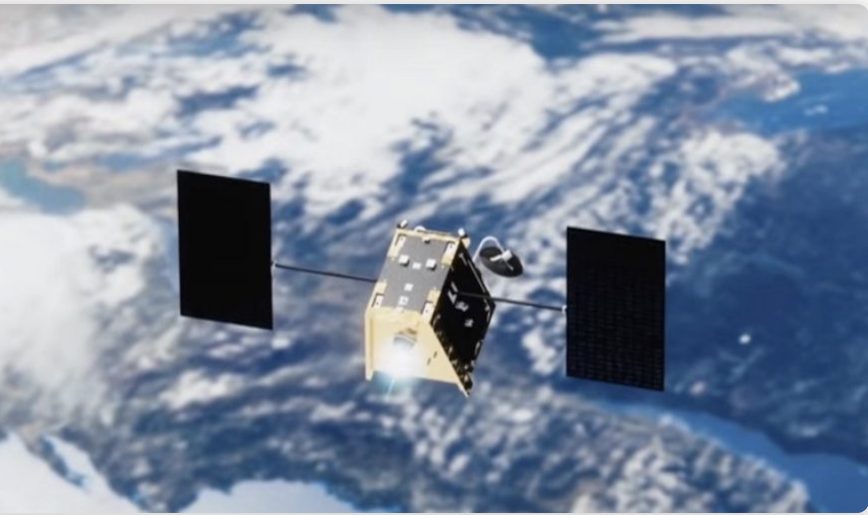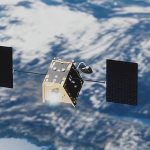Britain has signed a £900 million ($1.135 billion) deal to buy a part share of satellite operator OneWeb, a low-Earth orbit constellation in-the-making, designed to provide global high-speed broadband services. There had been speculation that the government intended thereby to generate its own satellite-based navigation signals, as it has been shut out of Galileo security signals by its Brexit move. Some satnav experts quickly dashed that notion, but others demonstrated that it just may be possible.
The government consortium, headed by the UK Secretary of State for Business, Energy and Industrial Strategy, teamed with Indian firm Bharti Global Limited to acquire OneWeb, which earlier this year declared bankruptcy, and fund the full restart of its business operations. Prior to its bankruptcy filing, OneWeb had submitted a modification request to the U.S. Federal Communications Commission (FCC) to increase the number of satellites in its constellation up to 48,000.
In a statement, the parties said, “OneWeb will look to resume operations as soon as possible and continue with progress towards providing global high-speed, low latency connectivity via its state-of-the-art satellite constellation.”
SatNav?
It is unlikely, say some experts, that the extensive network of mini, low orbiting satellites could serve the UK as a GNSS to replace the lost secure parts of Galileo services devoted to emergency, security and military branches. OneWeb’s satellites were not designed for such a purpose, and could not easily be repurposed, according to unattributed statements. The Florida, U.S., production facility developed by Airbus for the OneWeb satellites is largely robotic and would have to be totally overhauled, at great expense. Further, the experts opined, the technical underpinning for such a service, in fully fledged form, remains largely unexplored and unknown.
However
In a counterpoint to that view, scientists at the University of California–Irvine recently published an article in Inside Unmanned Systems magazine (see page 30) demonstrating that a UAV flew for 2 kilometers in completely GPS-denied airspace, using “signals of opportunity” from two Orbcomm satellites to navigate. Orbcomm is a constellation of low-Earth orbit mini communication satellites. End result for the UAV: only 14.8 meters position error after two minutes.
“Simulation results show sub-meter accurate navigation is attainable using the CD-LEO framework with future LEO mega-constellations,” write authors Zak Kassas, Joe Khalife, Mohammad Neinavaie and Trier Mortlock.
Perhaps the UK Secretary of State for Business, Energy and Industrial Strategy was reading Inside Unmanned Systems.
Background
The agreement remains subject to approval by OneWeb’s creditors, the Bankruptcy Court, and applicable regulators, with completion expected by the fourth quarter of 2020.
Bharti, through Bharti Airtel, is the third largest mobile operator in the world, with over 425 million customers. Bharti Airtel has its own extensive mobile broadband networks and enterprise business, which will act as the testing ground for all OneWeb products, services, and applications.
The UK’s Science, Research and Innovation minister Amanda Solloway said in Parliament that “This investment is likely to make an economic return, with due diligence showing a strong commercial basis for investment. The deal contributes to the government’s plan to join the first rank of space nations, and signals the government’s ambition for the UK to be a pioneer in the research, development, manufacturing, and exploitation of novel satellite technologies enabling enhanced broadband through the ownership of a fleet of low-Earth orbit satellites.”






